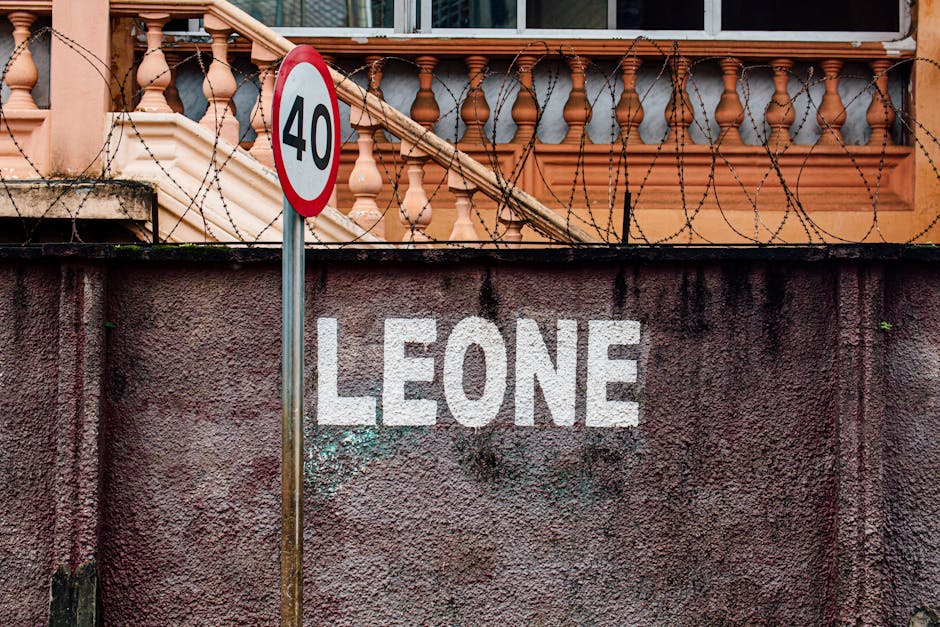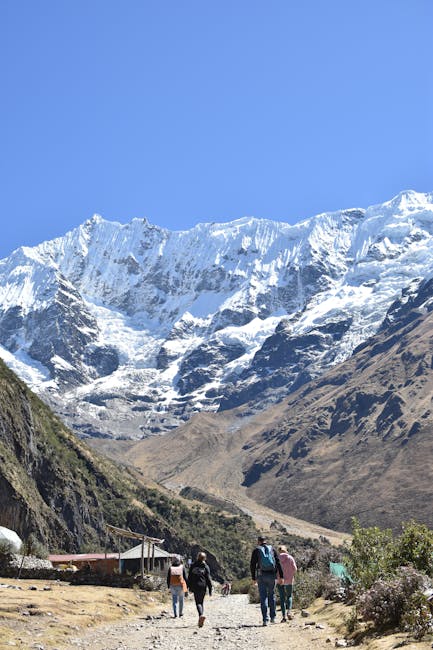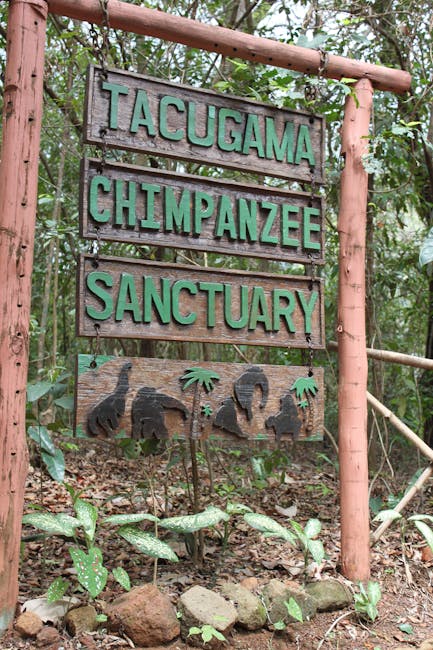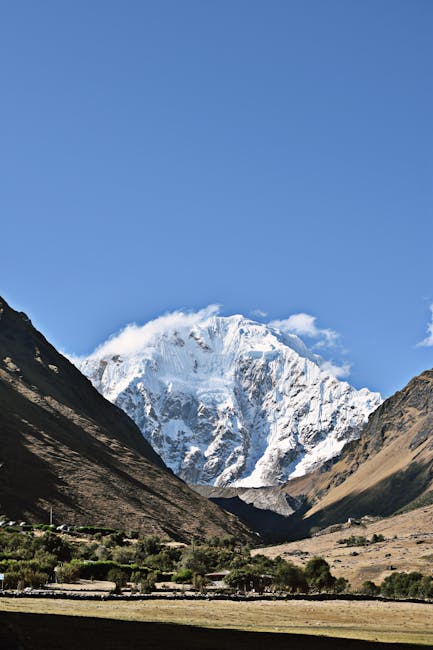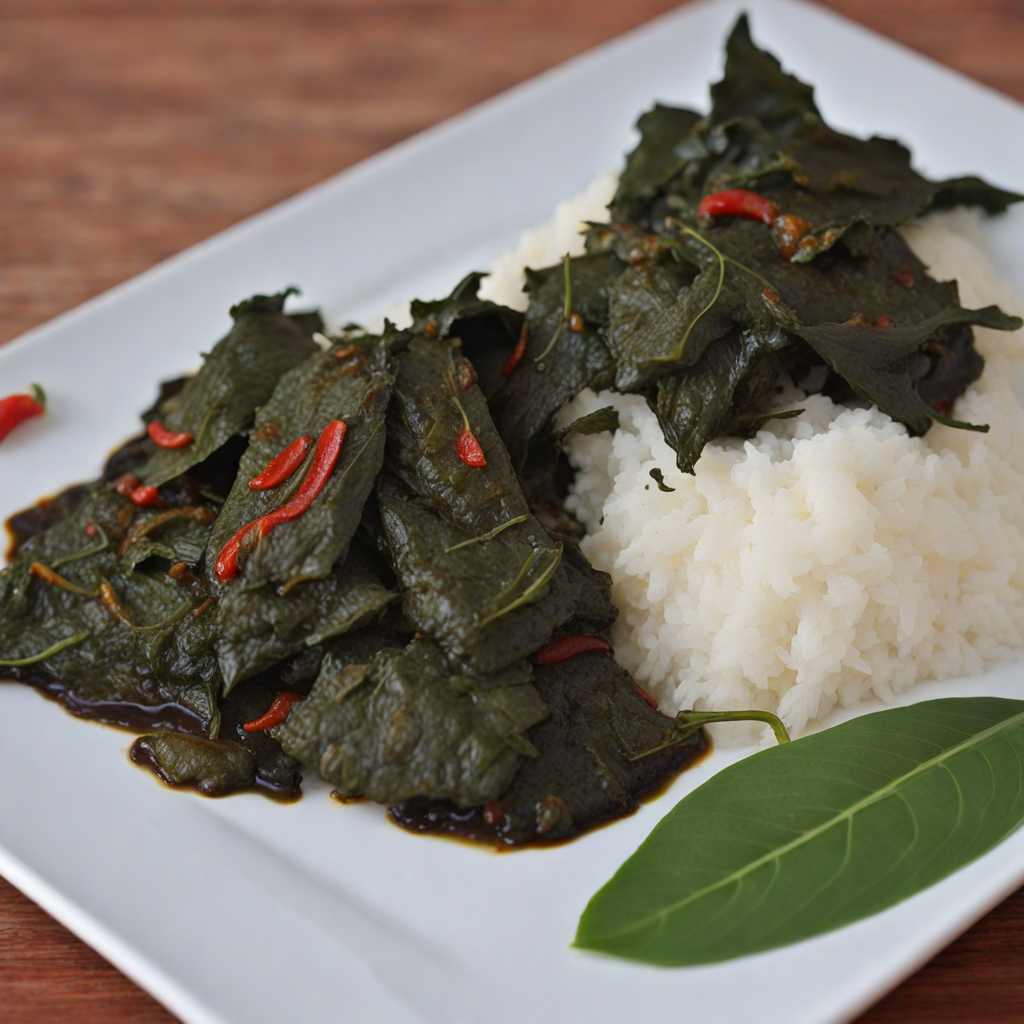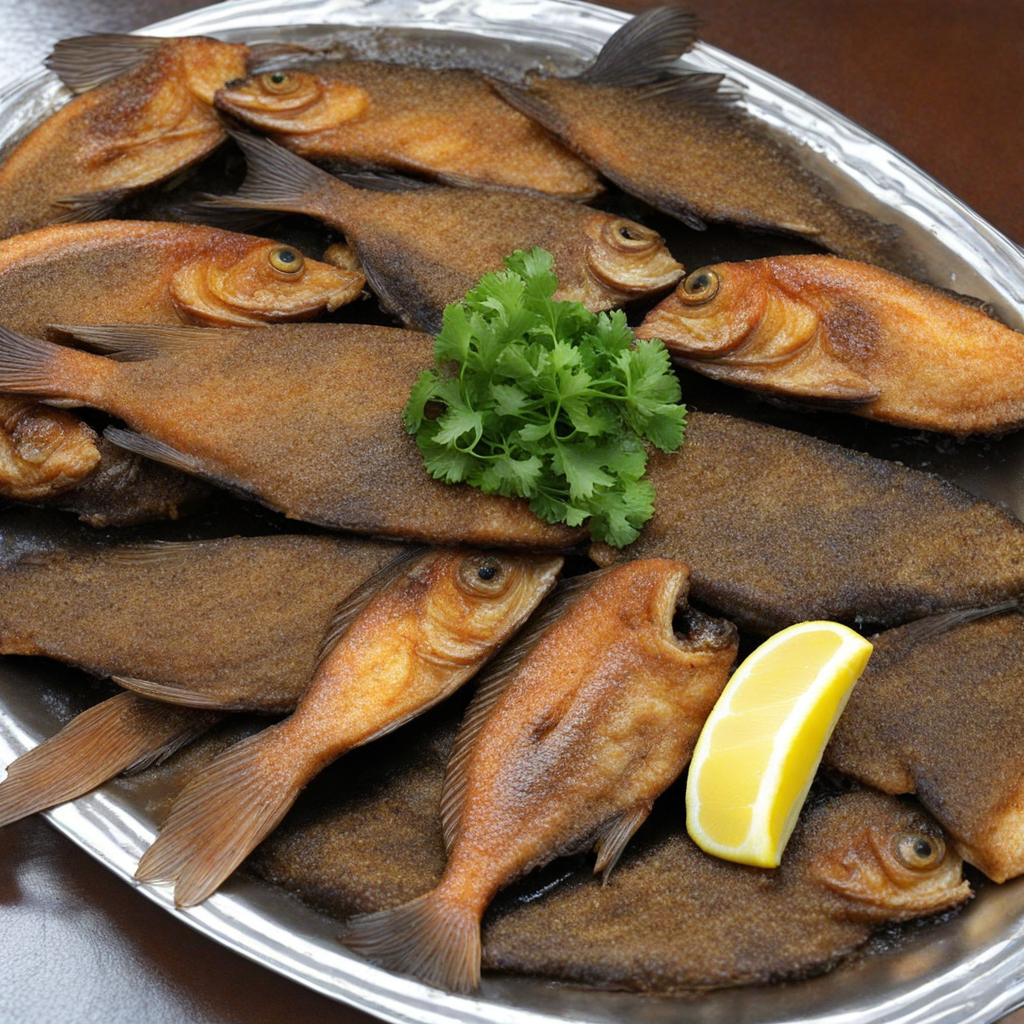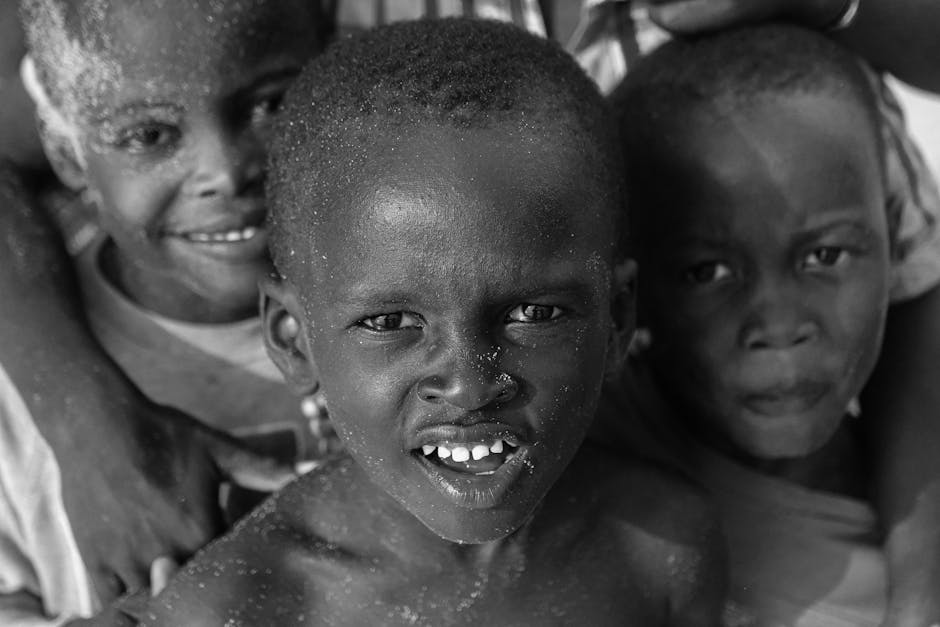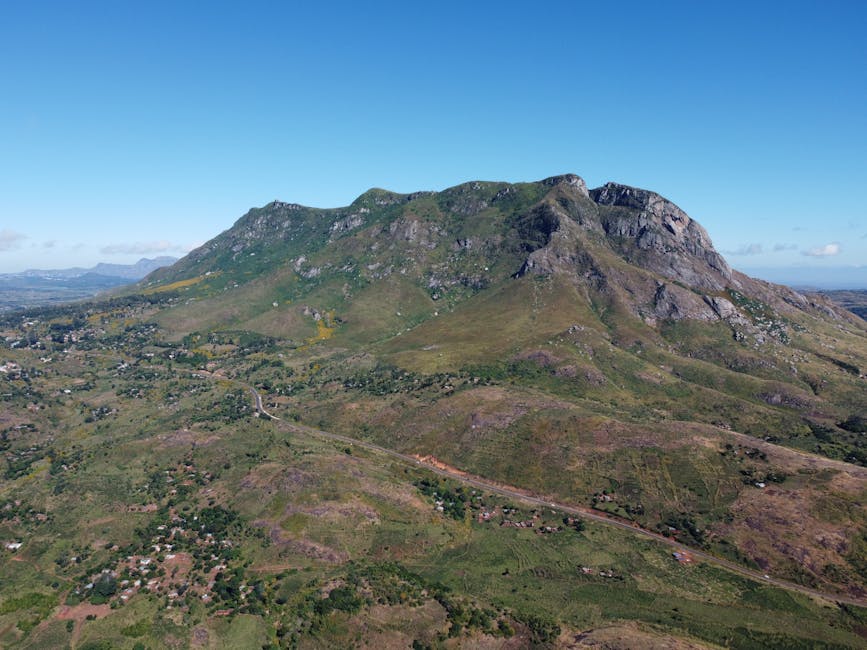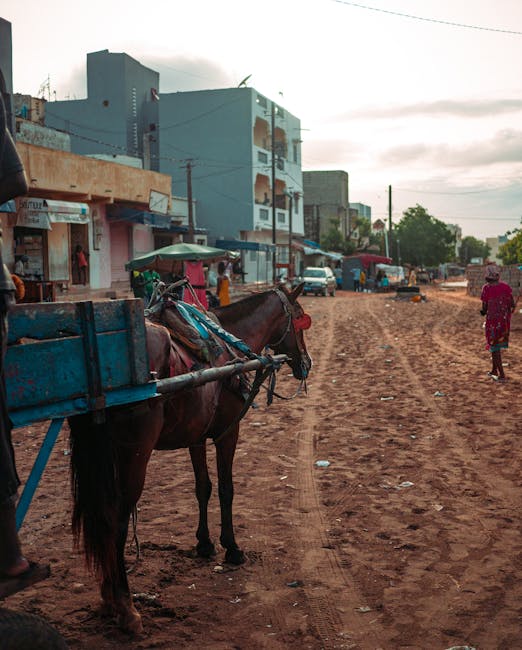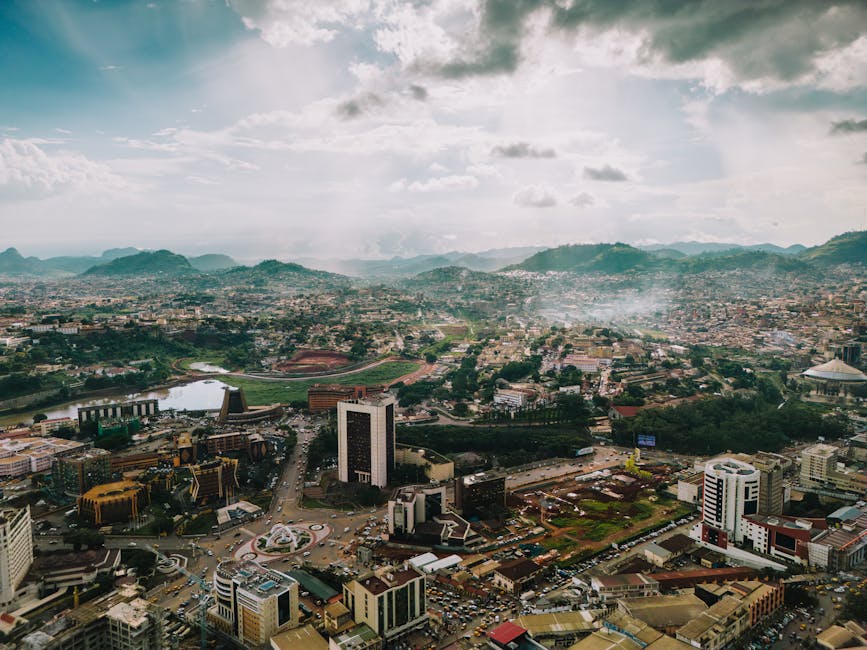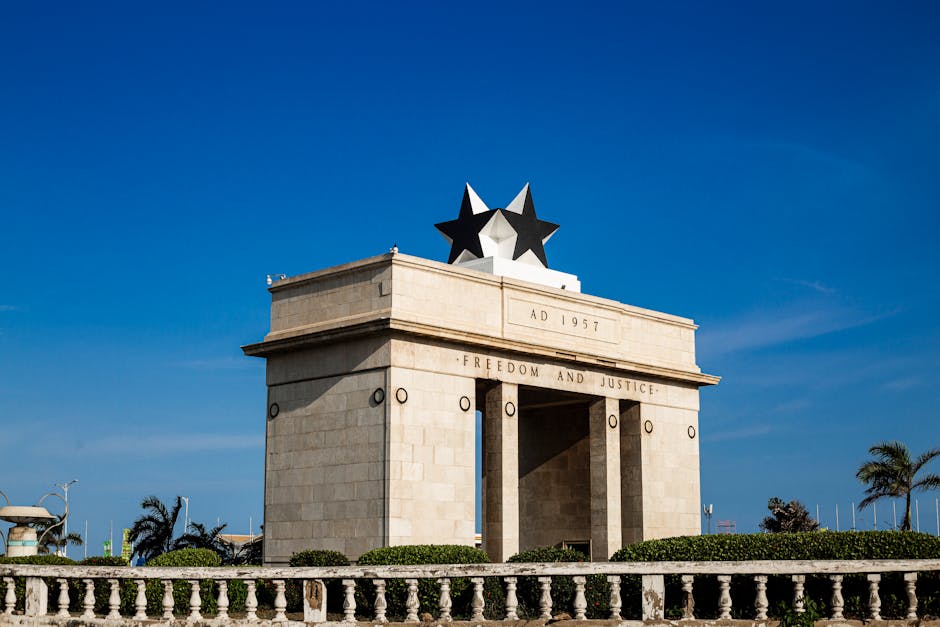Sierra Leone
Overview
Sierra Leone is a vibrant West African nation that is rich in culture, history, and natural beauty. Known for its spectacular beaches, wildlife, and warm-hearted locals, it presents a unique blend of cultures with over 18 ethnic groups, each with its own language and customs. The capital, Freetown, is a lively city with a buzzing nightlife and a burgeoning music scene. Sierra Leone's cultural heritage is also reflected in its cuisine, music, and art, which provide a captivating insight into the country's history and traditions.
The high season for tourism in Sierra Leone is during the dry season, which typically runs from November to April. During this time, the weather is generally warm and sunny, making it the perfect time to explore the country's stunning landscapes, pristine beaches, and rich wildlife. Activities such as hiking, bird watching, and wildlife spotting are popular during this season. The country's beaches are a must-visit, with the famous River Number Two Beach and Tokeh Beach offering breathtaking views. The Tacugama Chimpanzee Sanctuary is another major attraction that should not be missed. The dry season is also an excellent time to explore the bustling markets of Freetown, where you can try the local cuisine, buy traditional handicrafts, and soak up the local culture.
Before visiting Sierra Leone, there are several things travelers need to prepare. First, ensure that you are up to date with your vaccinations, as vaccines for diseases like yellow fever are mandatory for entry. It's also advisable to take precautions against malaria. A visa is required for most nationalities, so check the requirements for your specific country. The official language is English, but Krio is widely spoken, so learning a few phrases would be beneficial. While the local currency is the Leone, US dollars are widely accepted, so it's advisable to carry some cash. Lastly, while Sierra Leone is generally safe, like with any travel, it's important to stay vigilant and be aware of your surroundings.
A Glimpse into the Past
Sierra Leone, located on the southwest coast of Africa, is a country rich in history, culture, and natural beauty. The area now known as Sierra Leone has been shaped by a complex interplay of indigenous cultures, colonial ambitions, and the struggle for independence. Today, it stands as a testament to resilience and diversity, making it an intriguing destination for travelers.
One of the most significant chapters in Sierra Leone's history is its role in the transatlantic slave trade. From the 16th to the 19th centuries, the region became a central point for the capture and transportation of enslaved Africans. The Freetown Peninsula, where the capital city, Freetown, is located, was established in 1787 as a settlement for freed slaves and recaptives. The Sierra Leone Company was founded by British abolitionists seeking to create a colony for former slaves, making Freetown a beacon of hope for many who had suffered under slavery.
Freetown's Cotton Tree, a historic landmark, is a symbol of the city and a gathering place for locals. It is said that freed slaves would gather under this tree to celebrate their newfound freedom. Visitors can explore the rich tapestry of history woven into the fabric of the city by visiting places such as the National Museum, which showcases artifacts from the pre-colonial and colonial eras, as well as the impact of the slave trade.
Another critical aspect of Sierra Leone's history is its colonial legacy. After being established as a British colony, Sierra Leone experienced significant changes. The British imposed their administration, which led to the introduction of Western education and Christianity, profoundly influencing the local culture. The Bunce Island, located in the Sierra Leone River, serves as a haunting reminder of this colonial era. Once a major slave trading post, it is now a site where visitors can explore the remnants of the past, including ruins of slave factories.
The struggle for independence began in the early 20th century, fueled by growing nationalist sentiments. After a series of political movements and negotiations, Sierra Leone finally gained independence from Britain on April 27, 1961. This momentous event is celebrated annually as Independence Day. Visitors can participate in local festivities and observe how this day is marked with pride across the nation.
However, the post-independence period was marred by political turmoil and civil unrest. In 1991, a brutal civil war erupted, characterized by widespread violence, human rights abuses, and the involvement of rebel groups such as the Revolutionary United Front (RUF). The war lasted over a decade, leaving an indelible mark on the nation and its people. The Truth and Reconciliation Commission was established in the aftermath to address the atrocities and help heal the wounds of conflict.
Travelers to Sierra Leone can visit Bunce Island again, where the scars of history remain visible. Here, the remnants of the slave trading era and the more recent civil war stand as stark reminders of the nation’s tumultuous past. Additionally, a visit to Makeni, a city that was heavily affected by the war, allows tourists to see the ongoing recovery and rebuilding efforts in action.
Amidst this complex history, Sierra Leone is also known for its stunning natural landscapes. The country boasts beautiful coastlines along the Atlantic Ocean, with pristine beaches such as Lumley Beach and Tokeh Beach. These areas provide opportunities for relaxation, water sports, and cultural exchanges with local fishermen. The Sierra Leonean coast is dotted with charming fishing villages where travelers can experience traditional life and enjoy fresh seafood.
Inland, the Loma Mountains and Kambui Hills offer lush greenery and breathtaking views. Gola Rainforest National Park is a UNESCO World Heritage site that showcases the country’s rich biodiversity. Here, visitors can embark on guided walks through the rainforest, observe rare species of birds, and immerse themselves in the flora and fauna of this unique ecosystem. The park is also home to various communities that rely on sustainable practices, allowing visitors to learn about local conservation efforts.
The vibrant culture of Sierra Leone is another highlight for travelers. The rich traditions and customs are expressed through music, dance, and festivals. The Sankiyi Festival, celebrated by the Temne people, features lively performances and colorful attire, showcasing the country's cultural heritage. Additionally, the Bai Bureh Festival commemorates the legacy of a local hero who fought against colonial rule, emphasizing the spirit of resistance and community.
Freetown is also known for its thriving arts scene. Visitors can explore local markets like the Big Market, where artisans sell handmade crafts, textiles, and traditional clothing. The National Arts Gallery exhibits a variety of works from local artists, reflecting the country's diverse cultural influences.
For those interested in history, the Fourah Bay College, established in 1827, is the oldest university in West Africa and plays a crucial role in the country’s educational landscape. The college is an important center for higher learning and has produced many prominent leaders and intellectuals. Visitors to the campus can appreciate its historic architecture and the academic legacy that continues to thrive.
Sierra Leone's culinary scene is another aspect that travelers should not miss. The local cuisine is a delightful blend of flavors, with dishes such as jollof rice, cassava leaves, and groundnut stew representing the country’s diverse influences. Street food vendors offer an array of snacks, providing a window into everyday life and culinary traditions.
In recent years, Sierra Leone has made significant strides towards recovery and development, following the civil war and the Ebola outbreak that affected the country in 2014-2016. The resilience of the Sierra Leonean people is evident in their warm hospitality and welcoming spirit. As the country continues to rebuild, it offers travelers a unique opportunity to witness its transformation and engage with its vibrant culture and history.
As one of Africa's hidden gems, Sierra Leone beckons travelers with its rich history, stunning landscapes, and warm-hearted people. Whether exploring the historic streets of Freetown, relaxing on beautiful beaches, or immersing oneself in local traditions, visitors to Sierra Leone will find a country bursting with stories, resilience, and hope.
Top cities for tourists in Sierra Leone
Discover the Famous Cities That Might Captivate Your Interests
Must-Try Foods You Can't Afford to Miss
Indulge in a Variety of Fantastic Foods During Your Stay in Sierra Leone
May Be Your Next Destinations
People often choose these countries as their next destination


